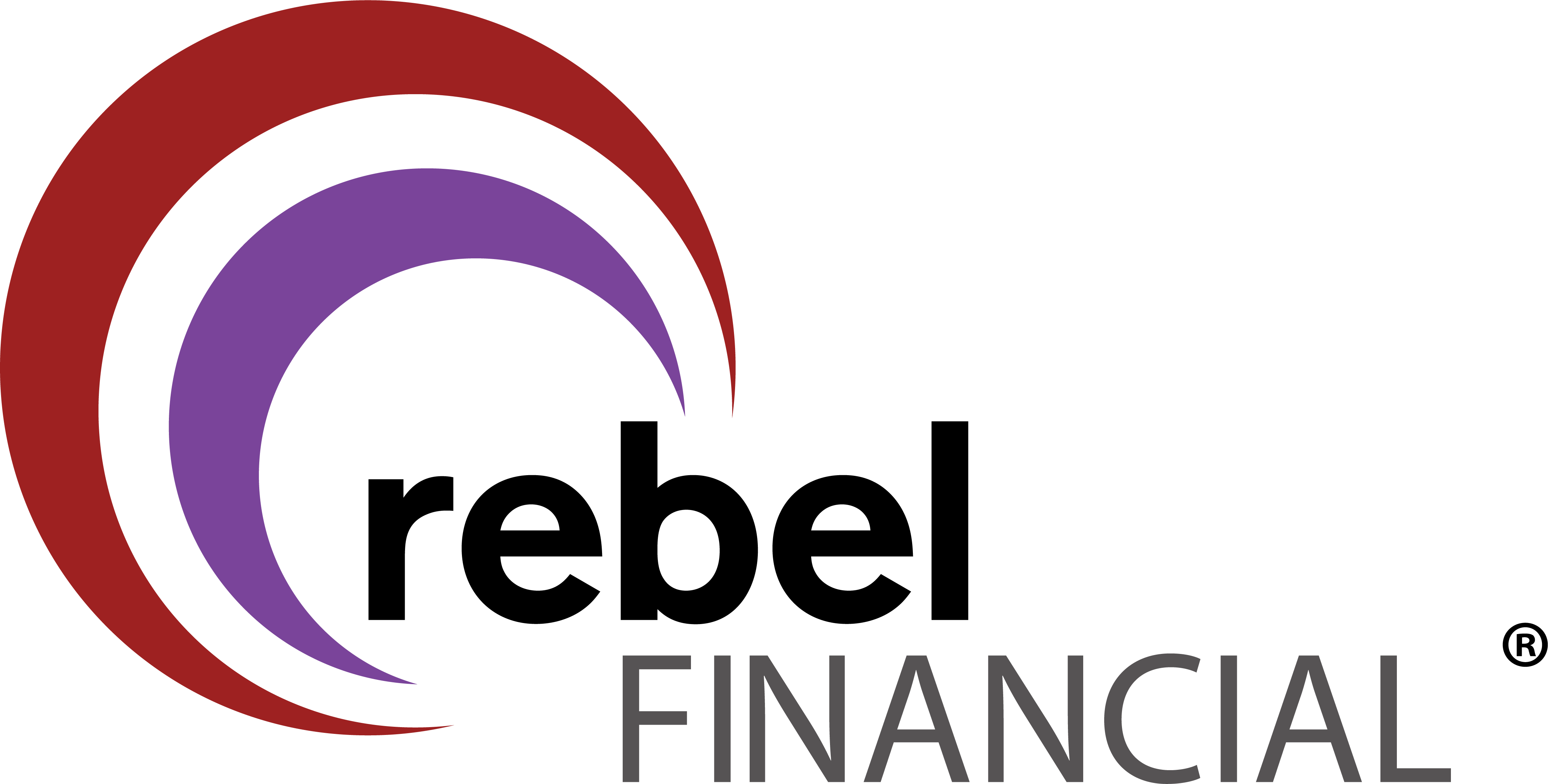Cryptocurrency is a decentralized digital currency that uses blockchain technology to verify transactions. These transactions are considered extra secure due to the nature of the blockchain database and how it stores data. When you make a payment using cryptocurrency, transactions are verified by miners, which act as crypto-auditors to confirm the legitimacy of these transactions and help to prevent fraud. Miners are compensated for their work with cryptocurrency.

